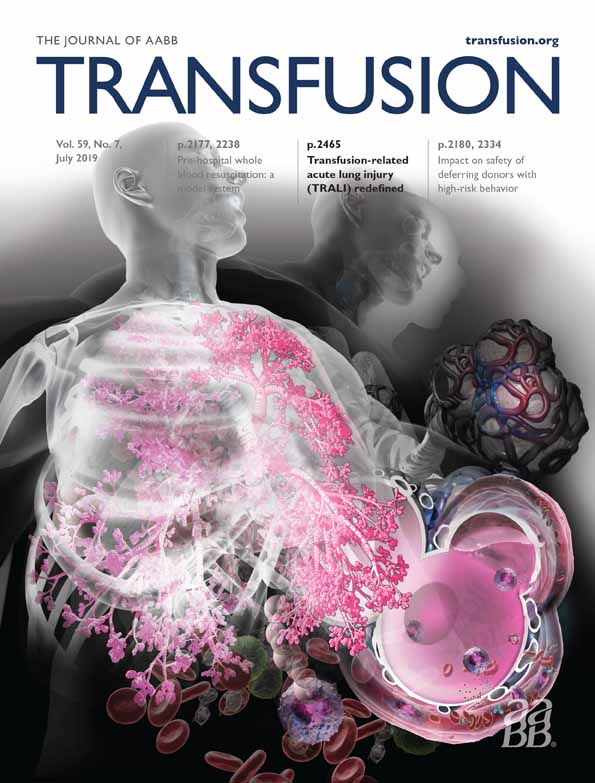Idarucizumab, but not procoagulant concentrates, fully restores dabigatran-altered platelet and fibrin components of hemostasis
Abstract
BACKGROUND
Comparative studies on the restoration of hemostasis with different reversal agents after dabigatran therapy have not been performed. We compared the efficacy and prothrombotic potential of the specific antidote idarucizumab with that of previously recommended non-specific procoagulant concentrates.
STUDY DESIGN AND METHODS
We explored the in vitro effects of dabigatran (184 ng/mL) on fibrin and platelet-aggregate formation onto a damaged vessel under flow conditions (600 s−1). The reversal mechanisms and efficacy of idarucizumab (0.3–3 mg/mL) were compared with that of the non-specific procoagulant concentrates aPCC (25–75 U/Kg), PCC (70 U/Kg), or rFVIIa (120 μg/Kg). Generation of thrombin and prothrombin fragment (F1 + 2), and thromboelastometry parameters of clot formation were measured.
RESULTS
Dabigatran caused pronounced reductions in fibrin (87%) and platelet interactions (36%) with damaged vessels (p < 0.01) and significantly impaired thrombin generation and thromboelastometric parameters (delayed dynamics and reduced firmness). Idarucizumab completely normalized rates of fibrin and platelet coverage to baseline values in flow studies; and reversed the alterations in thrombin generation, F1 + 2 and thromboelastometry parameters produced by dabigatran. In comparison, aPCC and PCC only partially compensated for the dabigatran-induced alterations in fibrin deposition, but were unable to fully restore them to baseline values. Reversal with aPCC or PCC improved the majority of alterations in coagulation-related tests, but tended to overcompensate thrombin generation kinetics and significantly increased F1 + 2 levels.
CONCLUSION
Idarucizumab antagonizes alterations of direct and indirect biomarkers of hemostasis caused by dabigatran. In our studies, idarucizumab was clearly more efficacious than strategies with non-specific procoagulant concentrates and devoid of the excessive procoagulant tendency observed with the latter.
CONFLICT OF INTEREST
Irene López-Vilchez: Authorship to AABB with Drs. Dumont and Lozano.
Gines Escolar: Authorship to AABB with Drs. Dumont and Lozano. Received honoraria/consultant fees from Bayer, BMS, Boehringer Ingelheim, CSL Behring, and Novo Nordisk.
Joanne van Ryn is a full-time employee of Boehringer Ingelheim.
The remaining authors have no conflicts of interest to declare.




